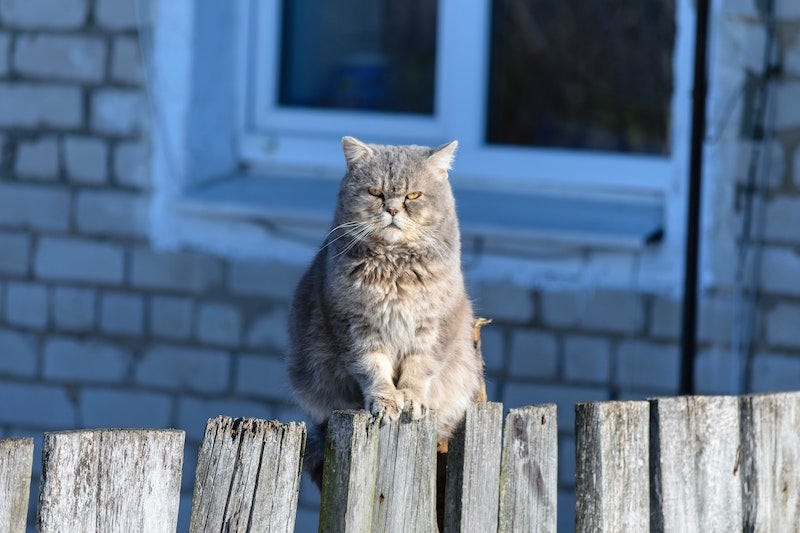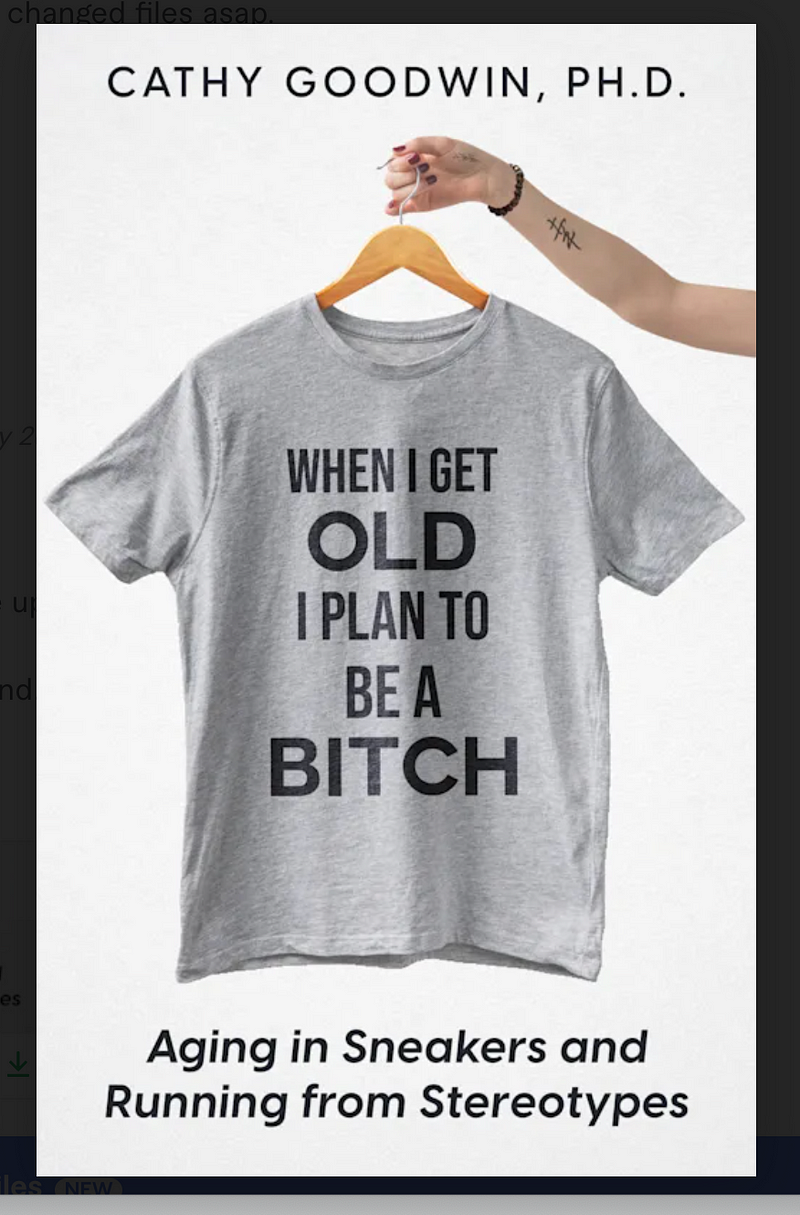Redefining Aging: Breaking Stereotypes and Embracing Individuality
Written on
Chapter 1: The Stereotypes of Aging
Many articles addressing aging often start with phrases like, “As we grow older…” or “As we age.” This common phrasing tends to lead to two predictable outcomes: either they assert a statement applicable to individuals at any age, or they discuss experiences that do not universally apply to everyone.
This type of content often perpetuates stereotypes, suggesting that certain challenges are inevitable with age. For instance, Medical News Today mentions that bodily functions, including cognitive abilities, may decline over time. However, the so-called "slips of the mind" can also happen to people in their 20s without causing alarm.
If we replaced “As we age…” with “Some individuals…” the narrative would shift dramatically.
“Some individuals face financial difficulties…”
“Some of us experience events beyond our control…”
“Some older adults feel lonelier…” But that’s not a universal truth. Statistical evidence from my research indicates that loneliness does not significantly increase in older age groups. The reality is that these experiences are not universal among the elderly but are often depicted as such.
Instead of generalizing, let’s remember to say, “Speak for yourself!”
Moreover, the assumption that “Most people who do X are older” does not equate to “Most older people do X.” For instance, while it’s been noted that 90% of lung cancer patients are smokers or former smokers, the CDC states that lung cancer arises in only 10 to 20% of smokers.
If you find that 70% of individuals with back issues are over 60, this statistic doesn’t automatically inform us about the prevalence of back problems within the over-60 demographic.
Often, media reports highlight that a large number of Covid fatalities were among the elderly. While this is factual, it does not imply that most older adults contracted the virus.
Consider these additional examples of common assumptions about aging:
“We tend to slow down as we age…”
“We can find humor in ourselves as we mature…”
“We often become more spiritual…” (This topic is explored further in my article, “Can I grow older without growing holier?”) Again, it’s critical to assert, “Speak for yourself,” as these traits are not inherently tied to age.
The belief that physical decline is inevitable is also misleading. There are plenty of 40-year-olds undergoing joint replacements, just as there are individuals over 70 actively participating in sports and marathons.
Some writers include a disclaimer, acknowledging that not everyone fits the stereotype. But if that’s the case, why perpetuate the stereotype at all?
If you have a distinct viewpoint or strategies for navigating life, your insights can benefit people across all age groups. Start by using “I” instead of “we.”
Cathy Goodwin, a former college professor, is now an online marketing consultant and storyteller. On this Medium channel, she discusses health care, psychology, and aging stereotypes.
If this article resonates with you, consider Cathy’s book, When I Get Old I Plan To Be A Bitch. It offers a candid perspective on aging, featuring chapter titles such as “I Ain’t Miss Congeniality” and “Take This Pill and Shove It.” Click here to purchase.

Chapter 2: Embracing Aging with Strength
As we consider the journey of aging, it’s essential to recognize the benefits of strength training for older adults. This practice not only enhances physical health but also contributes to overall well-being as we age.
The first video titled "COMING of AGEING - the JOY of GETTING OLDER" discusses the positive aspects of growing older, emphasizing joy and fulfillment in this life stage.
In addition, strength training is vital for maintaining physical resilience.
The second video, "Strength Training For The Aging Athlete - Why We Need More Strength Training As We Age," elaborates on the necessity of strength training for older individuals, highlighting its health benefits and importance.
